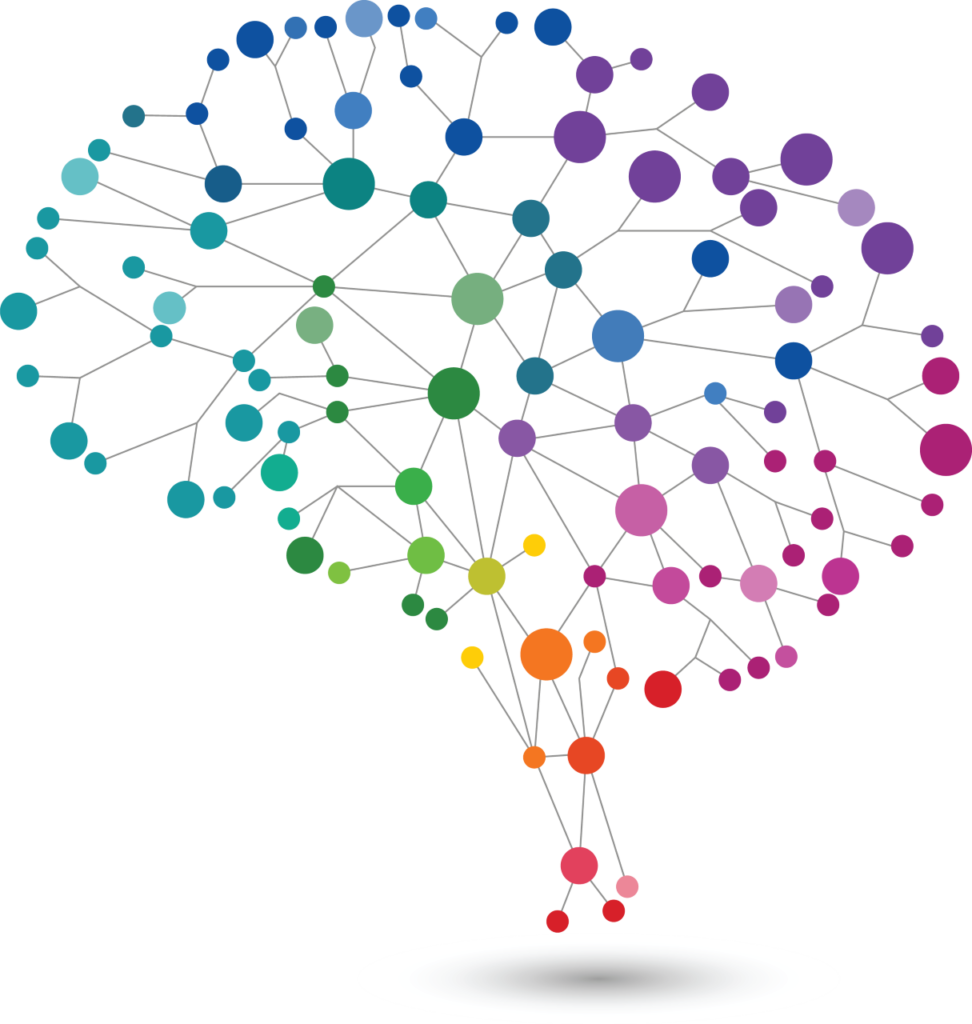| Focus on: Ethics |
The results of decades of research cannot be clearer. As counterintuitive as this may seem, a rules-based code of ethics that carries sanctions for non-compliance can result in employees behaving less ethically. This is especially true if the behavioral norms of the organization don’t match the principles behind the code. Think Enron. Enron had what was considered a model code of ethics, but the principles behind the code were never embodied, let alone valued by people in the organization. Mostly because they couldn’t see any principles, all they saw were meaningless rules.
Here are the neural mechanics behind the problem. Empathy is a key component of ethical judgment which involves the ability to feel what happened to someone else as if it had happened to you. When you focus on rules and avoiding sanctions, you are switching your focus away from how others are affected by your decisions, and towards keeping yourself safe. In other words, empathy gets squelched. When I had a chance to sit down with Andy Fastow, Enron’s former CFO, he told me that he never once thought of ethics when he was structuring all of those off-balance-sheet entities that played a role in what was at the time, the largest corporate collapse in U.S. history. The behavioral norms of an organization will always be more powerful than written codes or symbols. So, it’s not actually the code’s fault. We, of course, need rules, and we need ethics codes. But when there aren’t norms that represent the values behind “why” the rules exist, we become emotionally distanced from the reason for the code. There is no meaning associated with the rules.
Organizations operate like what I call a “social immune system” and those norms we’re talking about are part of their DNA. An important story we’ll continue another day…
